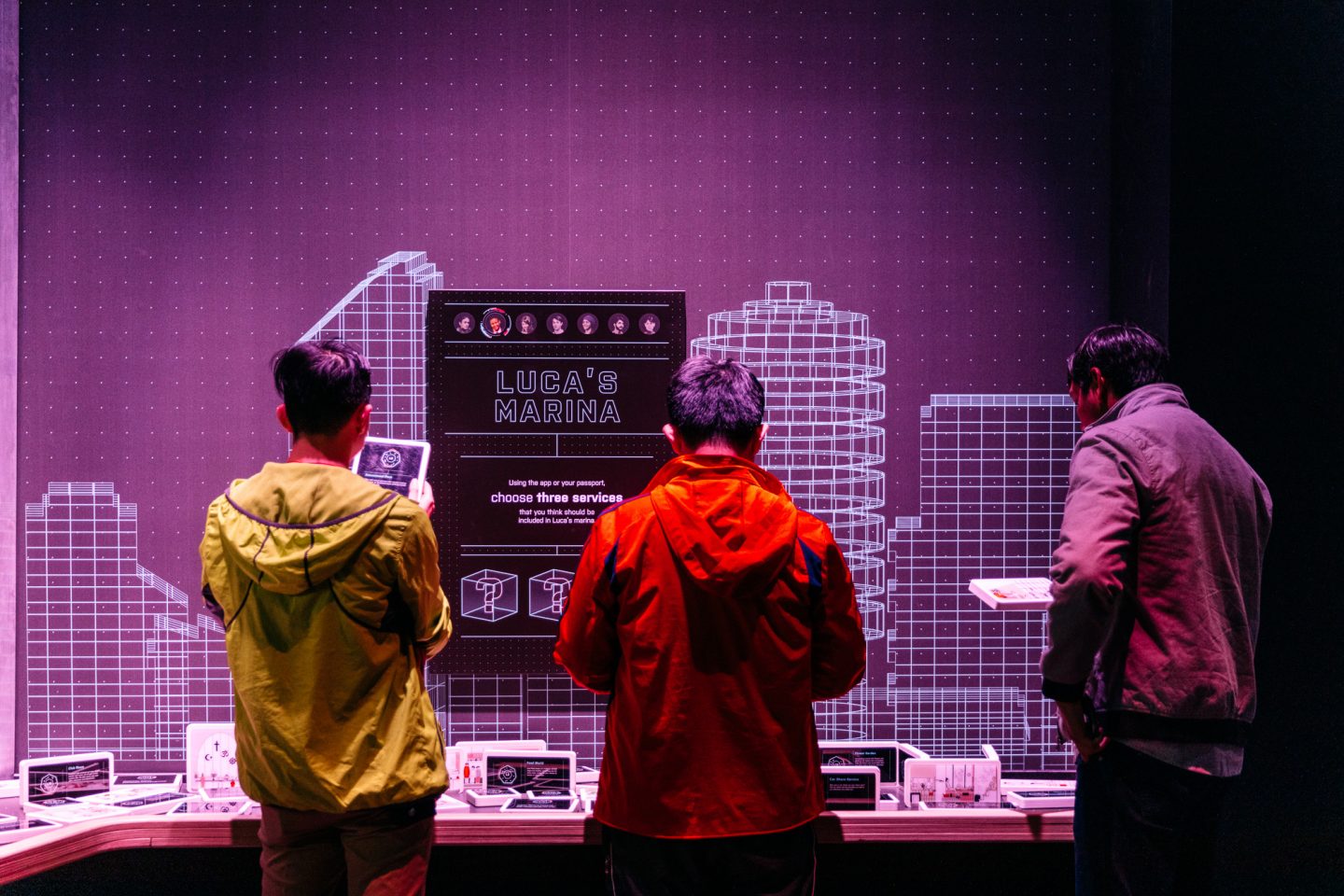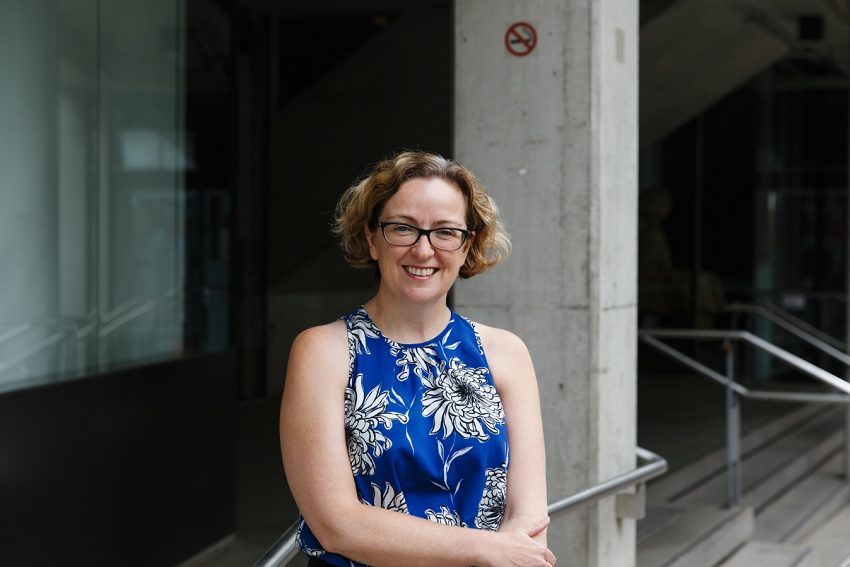“We could kind of understand the logic of museums and galleries still being open, and we looked at what [other museums] were doing, taking away their interactive components or reducing their touch screens,” MOD. director Kristin Alford tells The Adelaide Review. “But for us, when we did the risk management, there was literally one gallery left – and that was watching a film. Everything else is hands on and touching.
“Although we increased the cleaning regime and encouraged people to wash their hands before and after, and social distancing, for me it just got to the point where we couldn’t give people a great experience in the gallery. And, as a museum that’s focussed on the future and the communication of science, I felt it was far more responsible of us to close early.”
With the federal government officially forcing all museums and galleries around the country to close last night, MOD. now finds itself charging headfirst into a bold and challenging new reality for the sector. But with no traditional collection, and a fairly agnostic definition of what makes a museum at the best of times, MOD. was already geared towards adaptation.
“At the beginning of the year when people started coming back into the [Seven Siblings from the Future] exhibition after the bushfires, there were lots of really important conversations with the community [who were] grappling with that. So we made some alterations to the exhibition to account for how people were feeling.
 From digital touchscreens to hands on activities, MOD.’s current exhibition Seven Siblings from the Future was an early casualty of COVID-19 safety concerns
From digital touchscreens to hands on activities, MOD.’s current exhibition Seven Siblings from the Future was an early casualty of COVID-19 safety concerns
“Then a few weeks ago we started thinking, ‘we should really add some things to the gallery to help people process what they’re hearing about COVID-19. We designed these additions… but just didn’t get them in in time!
“What closing early has enabled us to do is rather than focussing on mitigating a risk bit by bit, we’ve been able to refocus and settle on what a new normal might be. Which has allowed us to then think through what we would like to do, and, admittedly very quickly, come up with the skeleton of a new exhibition. That’s more rewarding than constantly mitigating risk.
“So for us closing early was definitely driven by the type of interactive we have, but doing that has allowed us to rethink what the next six months could be like, while still delivering our mission.”
First, that involved taking to Facebook Live for daily virtual tours and ‘deep and meaningful’ sessions tied to Seven Siblings from the Future, an exhibition exploring the complex ethical and philosophical questions of a recognisable future Australia transformed by technological and environmental change. It’s only taken a few months, Alford says, for the real world to start making up the distance. Take the character of Alex, for instance, one of the siblings whose work as a remotely-based, teleconferencing nurse raises questions of privacy and bioethics.
“We know that Alex works in e-health, and there’s lots of information coming in about his patients,” she says. “But how did that happen? I think COVID-19 offers a fairly good example of how that 2050, that future, would make sense – how we might have circumvented a lot of the regulatory environment or concerns that people had prior to March 2020.”
 MOD. director Kristin Alford
MOD. director Kristin Alford
This week, MOD. will launch Life Interrupted, its first online-only exhibition since the beginning of the crisis. “The exhibition itself is a mixture of some things we’ve created for previous exhibitions that we’re repurposing and remodelling for a digital environment. Some of this includes the ‘compliments booth’ from Hedonism – we’re looking at redoing that for a digital environment, so people have a simulated way of making themselves feel good. People might need that a lot.
“We’ve also got a group of our moderators setting up a space in Minecraft where people can create nature in Minecraft, to see if we can get the same feeling of being in a natural space online.” Other planned programs, such as its Futures Unlearned talks, will be run online, covering such topical questions as ‘what does leadership look like in an age of uncertainty?’
But looking more broadly, Alford suspects the period of downtime will usher in some long-lasting, and perhaps overdue, shifts in how the public engages with museums – and vice versa.
“The indicators towards collapse or transformation are very similar – it just depends what happens next,” she reflects. “We have to get through the now, but as we move through the recovery period and start to go back to normal, we will be altered by this experience. It’s hard to go back to how things were, and for museums or gallery spaces that might mean rethinking the types of topics they talk about, it might be rethinking the types of spaces they’ve created, it might be rethinking the architecture of spaces.
“There are questions of whether this environment will allow some better practices around online learning to emerge; we have to start thinking, ‘is a mix of physical and online exhibitions what we should be doing in the future?’ And how do we do things in both spaces?”
Life Interrupted will launch on Thursday 26 March via the MOD. website
Walter is a writer and editor living on Kaurna Country.
Get the latest from The Adelaide Review in your inbox
Get the latest from The Adelaide Review in your inbox